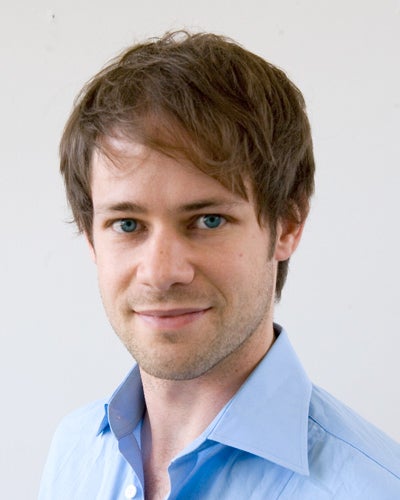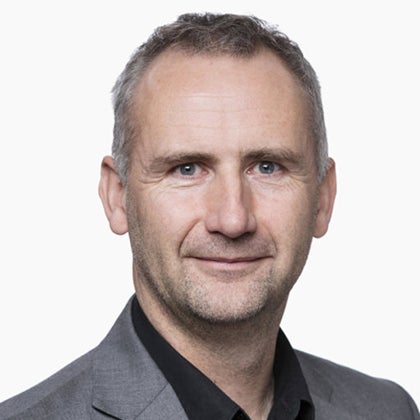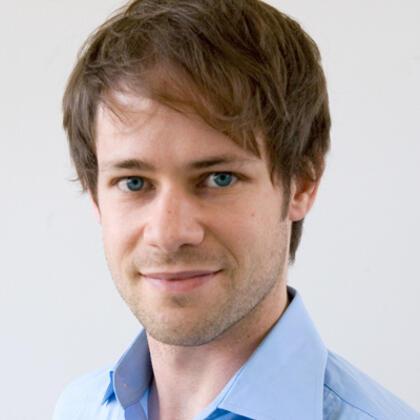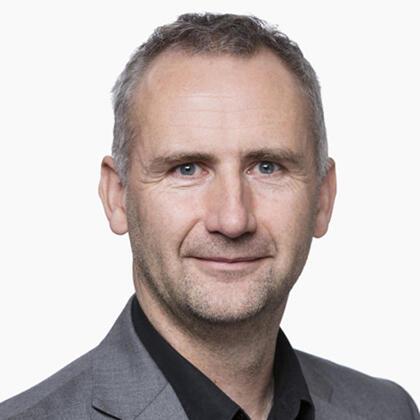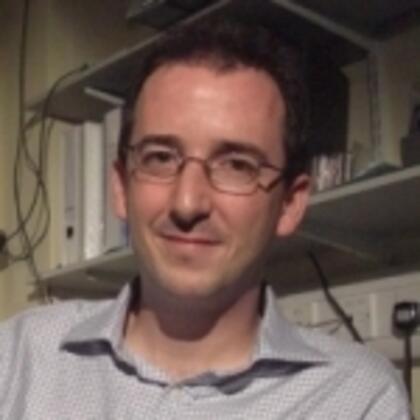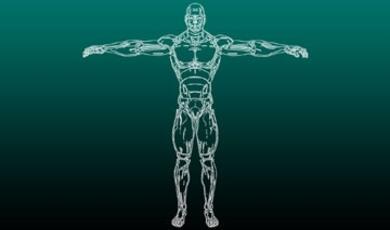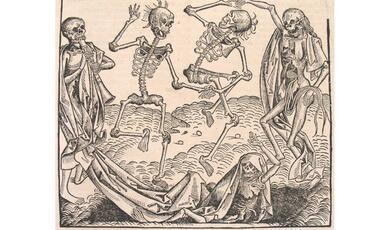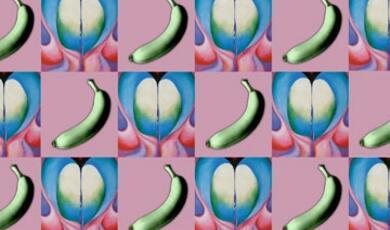Decision-making in Health and Disease: The Disordered Brain and The Social Brain
Share
- Details
- Text
- Audio
- Downloads
- Extra Reading
The talks in this second part of the symposium include the following:
The disordered brain: Are decisions always perfect? No! by Quentin Huys and Neil Harrison
Choices we make now can influence our future options; ideally, we'd take this into account. We review different ways this can be done, and discuss how animal and human brains use three different systems in parallel to achieve this: goal-directed, habitual and Pavlovian systems. One system is generally more appropriate to the task at hand than the other, and brains are usually great at deciding when to use each one. But sometimes they get it wrong, and scientists love to explore these scenarios. We discuss how the interaction between the three decision systems can give rise to what looks like suboptimal behaviour, forming the basis for understanding what happens when decision-making breaks down. This occurs in situation such as frontal lobe lesions or in psychopaths. Finally, we explore how patients with autism show paradoxically improved decision-making.
The social brain: How do we make decisions when others are involved? by Ben Seymour
In this talk, we considered what happens when animals and humans live together in groups. We considered how cooperation and competition emerge side-by-side as we try to optimise our welfare in an environment which we share with others. We discussed how our decisions reflect a constructed or inferred morality, and how different decision systems in the brain may be responsible for social emotions (such as empathy and schadenfreude) and social cognition (such as reciprocity and Theory of Mind). Finally, we discussed how the interaction of these systems yields human altruism.
There is no text for this event
This event was on Thu, 28 May 2009
Support Gresham
Gresham College has offered an outstanding education to the public free of charge for over 400 years. Today, Gresham College plays an important role in fostering a love of learning and a greater understanding of ourselves and the world around us. Your donation will help to widen our reach and to broaden our audience, allowing more people to benefit from a high-quality education from some of the brightest minds.


 Login
Login
